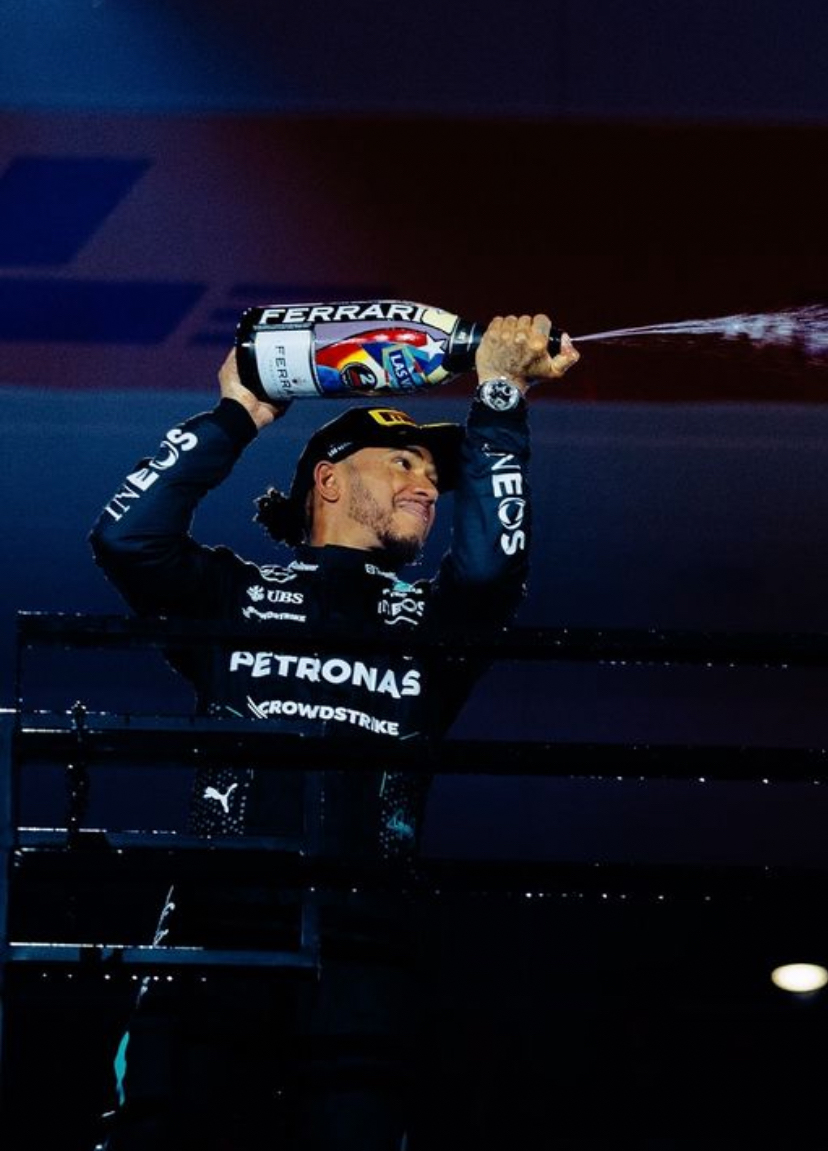The Role of the Paddock in F1 Race Weekend Management

Formula 1 World Champions: A legacy of racing legends
How does the Paddock play a role in the overall management of a race weekend?
Discover how the Formula 1 paddock plays a critical role in race weekend management, from strategy and engineering to logistics and media engagement.
The Formula 1 paddock is far more than a collection of motorhomes and garages—it serves as the backbone of race weekend management. It is where logistics, strategy, and coordination come together to deliver the spectacle of a Grand Prix. Acting as a nerve center, the paddock is essential to every operational aspect of Formula 1, showcasing the precision and grandeur that define the sport.
Hub of Team Operations
The paddock functions as the operational headquarters for every F1 team. Luxurious motorhomes and high-tech garages are not just visually striking—they are the epicenter of team strategy and execution. Within this space, drivers, engineers, and team personnel collaborate on everything from technical setups to media engagements, ensuring seamless functionality throughout the race weekend.
Engineering and Strategy Base
The paddock garages house a dedicated team of engineers and mechanics who work around the clock. Here, car setups are refined, telemetry data is analyzed, and race strategies are devised. Meetings focus on critical details such as tire performance, aerodynamic adjustments, and optimal fuel loads—decisions that can determine the outcome of a race.
Scrutineering and Compliance
Scrutineering is a cornerstone of Formula 1’s fairness, and the paddock serves as the hub for these inspections. FIA officials meticulously check each car to ensure compliance with technical regulations. From weight checks to safety assessments, this process upholds the integrity of the competition and ensures a level playing field.
Driver Preparation and Focus
For drivers, the paddock offers a sanctuary for preparation. Away from the public eye, they engage in strategy briefings with race engineers, analyze on-track data, and mentally prepare for the high-stakes nature of Formula 1. This focused environment is critical for ensuring peak performance when it matters most.
Media Relations and Public Engagement
The paddock is also the hub of media activity during a race weekend. Dedicated zones facilitate press conferences, interviews, and photo sessions. Teams and drivers share insights, provide race forecasts, and address key narratives, connecting fans worldwide to the drama unfolding on and off the track.
Hospitality and Sponsorship
Beyond the racing action, the paddock plays a vital role in hospitality and sponsorship. Teams host VIP guests, sponsors, and corporate partners in lavish motorhomes, offering an exclusive glimpse into the Formula 1 world. These interactions are crucial for maintaining commercial relationships that sustain the sport's massive financial demands.
Coordinating Logistics
Managing the logistics of a Formula 1 race weekend is a monumental task, and the paddock serves as the central hub for this operation. Transporting cars, equipment, and personnel across continents with military precision requires meticulous planning and execution. The paddock ensures that every component is in place, ready for race day.
Conclusion
The paddock is much more than a functional space—it is the lifeblood of Formula 1 race weekend management. It integrates cutting-edge technology, strategic brilliance, and logistical expertise to deliver a seamless Grand Prix experience. From engineering and driver preparation to media relations and hospitality, the paddock embodies the complexity and elegance of Formula 1.
This integral hub stands as a testament to the unseen efforts that create the glamour, excitement, and precision of Formula 1, reaffirming why it is the pinnacle of motorsport. The paddock’s role in race weekend management underscores its importance as the backbone of this globally celebrated spectacle.
Up Next



